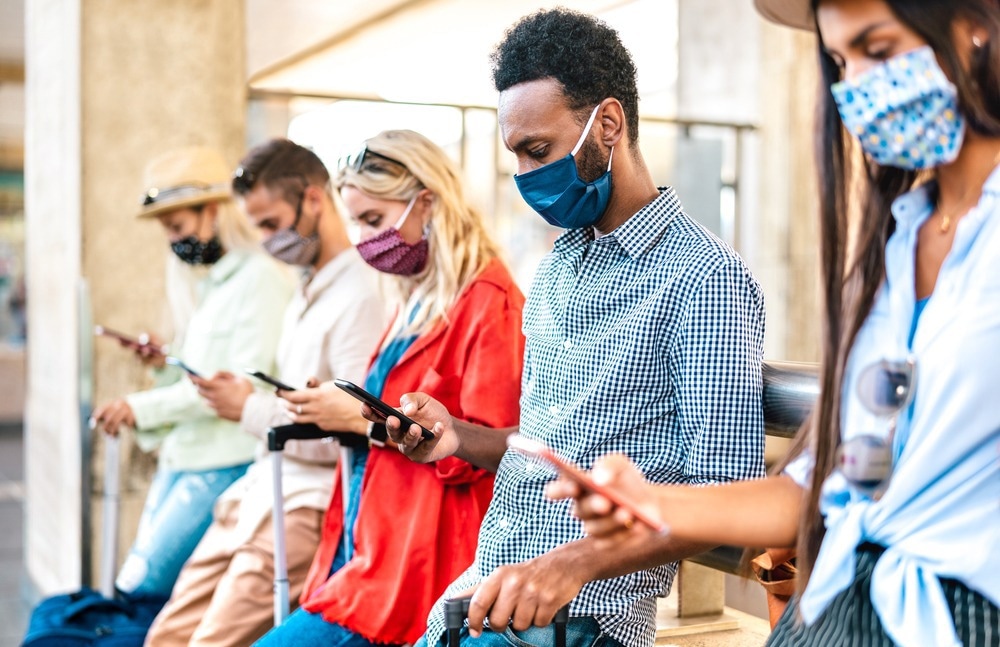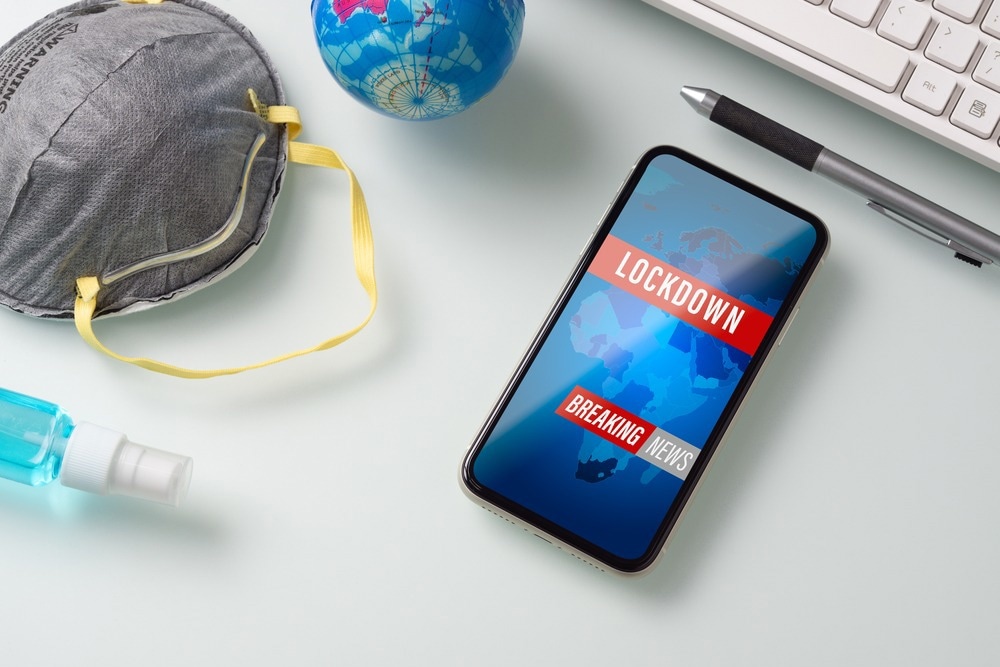Introduction
Social Media and COVID-19: What are the Downsides?
Social Media and COVID-19: Is there an Upside?
Millennials, Generation Z and Social Media
References
Further Reading
In the wake of coronavirus disease (COVID-19), many turned to social media for information and guidance. There are both positive and negative aspects to this behavior. These range from the spread of misinformation to the indispensable role social media has played in the dissemination of accurate information and mental health education. This article looks at both the challenges and benefits, considering who is potentially more likely to use social media and thus be impacted by the information imparted on the digital platforms that are now an integral part of our daily lives.

Social media and COVID-19. Image Credit: View Apart/Shutterstock.com
The novel coronavirus has caused severe acute respiratory syndrome coronavirus-2 (SARS-CoV-2) worldwide. Since its declaration as a public health emergency of international concern, by the WHO in March 2020, the mortality rate associated with the ensuing Covid-19 pandemic has reached proportions of between 2% and 3% worldwide ––higher than that of the Spanish Influenza (H1N1) which occurred early in the twentieth century. In the wake of the crisis, many turned to social media to find information and support and to help them to cope with the emotional toll.
Social media and COVID-19: What are the downsides?
Social media and other digital platforms serve to provide information and keep people connected. But the spread of misinformation on social media and other digital platforms has been deemed to be as much of a threat to public health as the virus itself. The problem of inaccurate information serves to undermine the global response to the pandemic by eroding public trust and marring attempts to control its spread.
The ubiquity of pessimistic information about COVID-19 and its associated mortalities across newsfeeds on social media has exacerbated the risks for mental ill-health. Turning to social media in times of anxiety is commonplace. And while using platforms such as Facebook, for example, users can temporarily find relief from their negative emotions, any positives associated with social media use are known to have links to addictive behaviors.
In terms of excessive use, the advantages gained from social media use to dispel mental stress can go into reverse: overuse can pose an increased risk to mental health. Study findings have shown a potential risk between social media use and emotional trauma (Abbas, et al. 2021).
Social media and COVID-19: Is there an upside?
The COVID-19 pandemic has led us into a global crisis in mental health. The administration and dissemination of accurate information concerning the virus are essential to the expunction of fear and uncertainty ––factors that serve to exacerbate stress and mental ill-health. A major advantage of social media and other digital platforms is the ease of access to information.
This easy accessibility presents ample opportunity for education. Such provision of key information can help reduce the mental health consequences of the pandemic. In the event of a health crisis, smartphones, tablets and other electrical devices are within easy reach and many people are now more likely to turn to newsfeeds on social media platforms than they are more traditional sources of media.
In addition to health information, these platforms are a means of relief and they are an outlet for peer support. In the event of a health crisis, an emotional outlet such as this has proven indispensable. But who is more likely to turn to sources and channels such as these?

Social media and COVID-19. Image Credit: ezphoto/Shutterstock.com
Millennials, Generation Z and Social Media
Young people are avid consumers of social media. Millennials and members belonging to generation Z are at reduced risk of serious effects after contracting SARS-CoV-2. Members of these groups are also more likely to engage with social media compared to any other group, frequently engaging with an average of 5 digital platforms daily ––for example, TikTok, Twitter, Facebook, Instagram, and We Chat.
The WHO in collaboration with Wunderman Thompson, the University of Melbourne and Pollfish undertook an international study involving the use of digital technologies during a health crisis. The investigation involved around 23, 500 participants aged between 18-40 years of age from 24 countries across five continents. The study aimed to find out where members of this cohort go to seek out information, which sources they deem to be credible, and their awareness of the problems of fake news and other concerns.
The major findings of the study were that (contrary to common perception) scientific news and content were deemed to be the most share-worthy of information compared to personal information, images, other articles, and other kinds of information that is potentially concerning in nature.
The finding contradicts the commonly held belief that funny, entertaining, and emotional content is more likely to be shared. In addition to this, investigators found that awareness surrounding the problem of fake news was high and that users perceived themselves as well-poised to spot it.
As part of efforts to combat the spread of misinformation and its untoward consequences for potentially curtailing measures to help control the spread of infection, the World Health Organization (WHO), academic intuitions, and other official health bodies can use social media in a positive and influential way to dispel fears and to promulgate accurate medical information to the public. These measures are particularly valuable in developing countries.
Digital technologies offer us all both advantages and disadvantages in the wake of unprecedented global challenges like the COVID-19 pandemic. Increasing awareness of the potential risks social media may pose can serve to help us more effectively navigate the use of these platforms in a positive and beneficial way moving forward.
References
- Abbas, J. et al. 2021. The Role of Social Media in the Advent of COVID-19 Pandemic: Crisis Management, Mental Health Challenges and Implications. Risk Management Healthcare Policy. Doi: 10.2147/RMHP.S284313
- Tang, Q. 2020. The Important Role of Social Media During the COVID-19 Epidemic. Disaster Medicine and Public Health Preparedness. Doi: 10.1017/dmp.2020.330
- WHO. 2021. Social media & COVID-19: A global study of digital crisis interaction among Gen Z and Millennials. Online: https://www.who.int/news-room/feature-stories/detail/social-media-covid-19-a-global-study-of-digital-crisis-interaction-among-gen-z-and-millennials
Further Reading
Last Updated: Jul 27, 2022